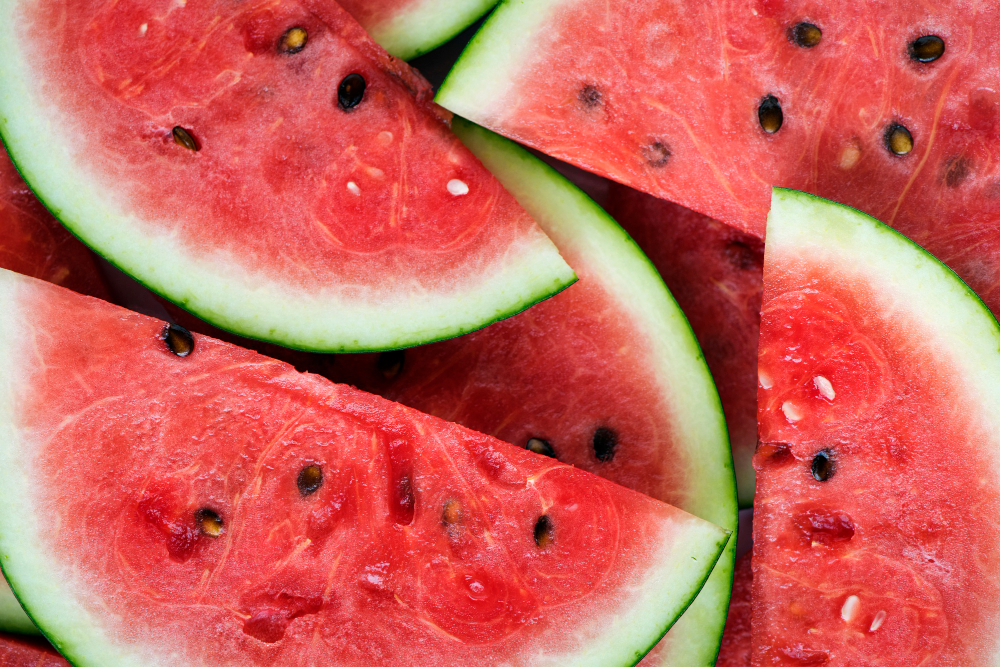Summer, sun, and beaches are synonymous with fresh fruit. In this historic and delicious relationship, the undisputed star is the watermelon. A product sold in Mercadona supermarkets, a Spanish distribution company that once again commits to proximity and 100% Spanish origin.
As confirmed by the chain, chaired by businessman Juan Roig, the watermelon sold by Mercadona this year also comes exclusively from fields in the following Spanish regions: Andalusia, Castilla-La Mancha, the Region of Murcia, the Canary Islands, the Valencian Community, Extremadura, and Catalonia.
The Valencian company offers the “queen” of summer in three formats: whole, halved, or quartered. The campaign for this product begins in April and lasts approximately until October. Last year, for example, Mercadona purchased more than 115,000 tons within the national territory. “Due to its high water content, it is undoubtedly one of the most sought-after fruits, which is why we work hand in hand with our customers and suppliers to define the quality we must offer,” explains Elvira Guill, Mercadona specialist. “We work closely with specialized suppliers to meet the expectations of our customers, who demand a sweet watermelon with the characteristic red color of this summer fruit and a juicy and crunchy texture,” she added. So much so that Mercadona has worked with Bengal, Red Jasper, Moon Gem, Fenway, Style, Bazman, and Boston watermelon varieties in recent years.
Mercadona states that regarding this fruit and the rest of its fresh products, it prefers “not to have to sell anything of poor quality.” In the case of watermelon, its high nutritional value and high water content stand out, making it ideal for hydration and revitalizing oneself in the heat. Furthermore, its low calories and richness in vitamins – A, B6, and C – make it perfect for a balanced diet.
Mercadona clarifies on its website, in the customer service section, that current legislation does not require the expiration date to be indicated on whole fruit and vegetable products, even if they are packaged. What they must legally contain is the packaging date, which should never be confused with the expiration date.
On the other hand, packaged fruit and vegetable products that have been cut and mixed with other ingredients, etc., are required to indicate the expiration date or best before date, as stated by Mercadona.




